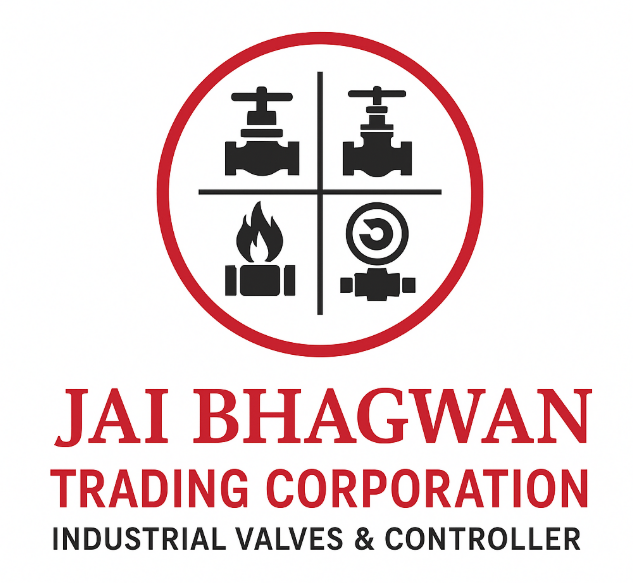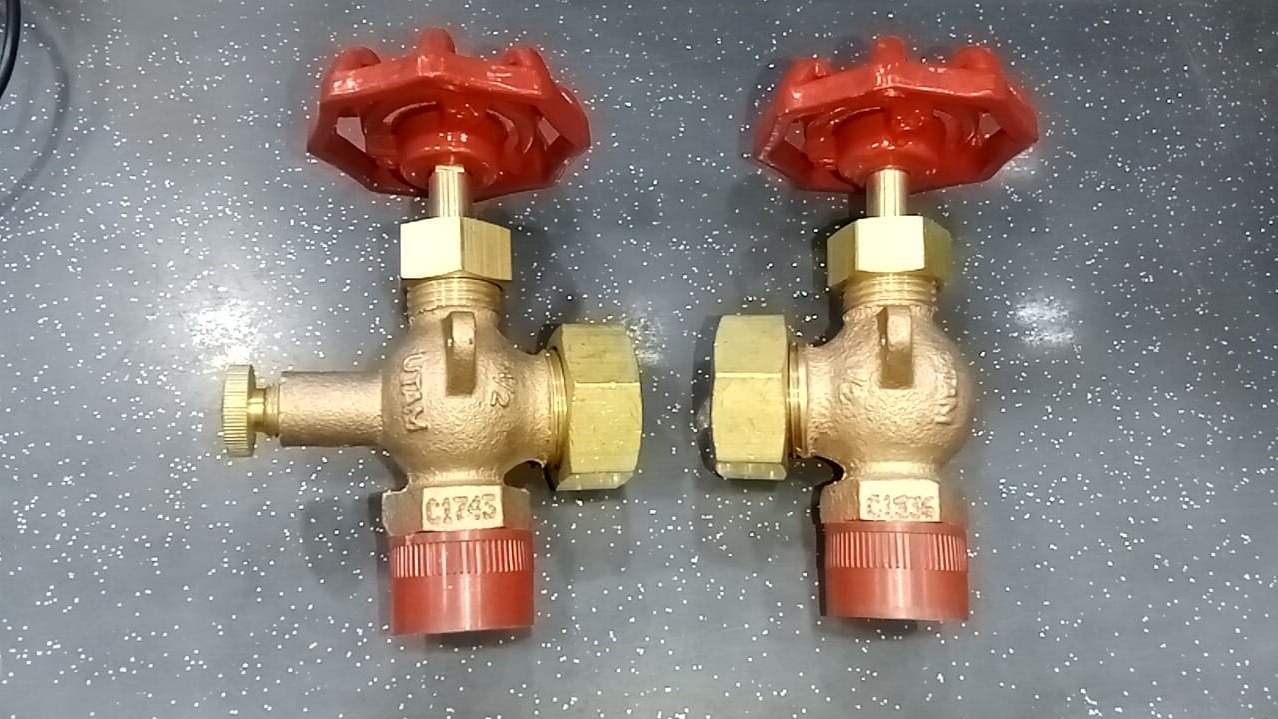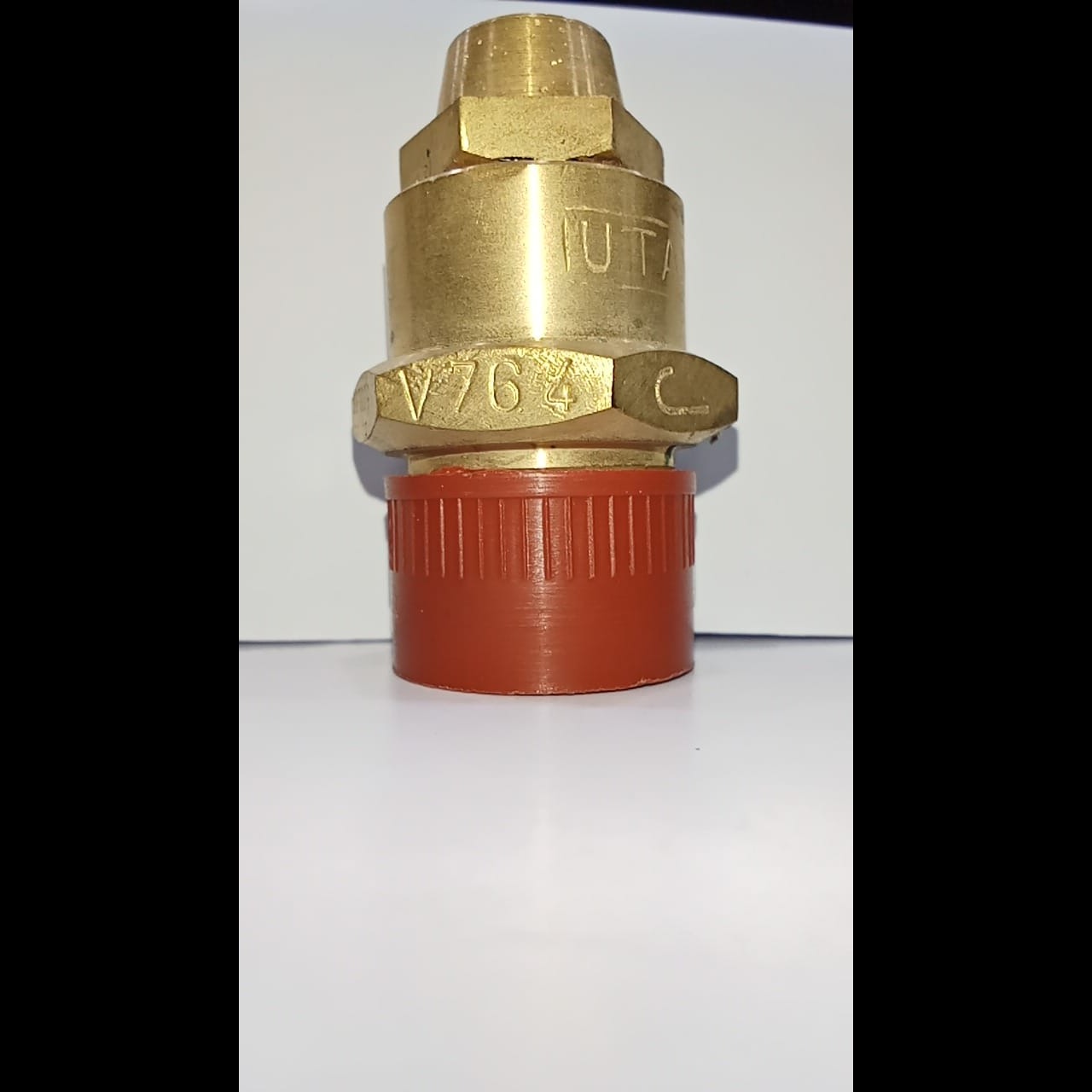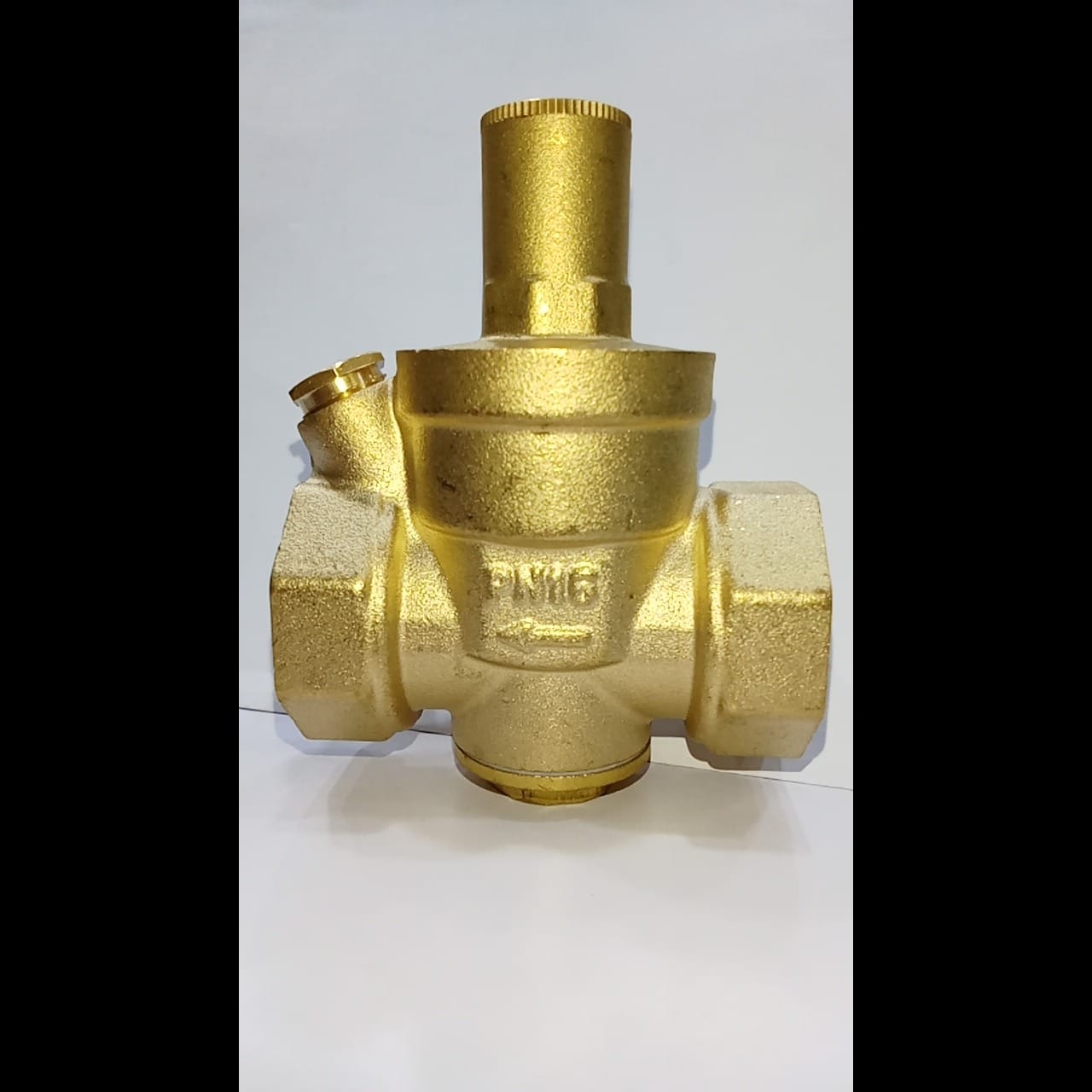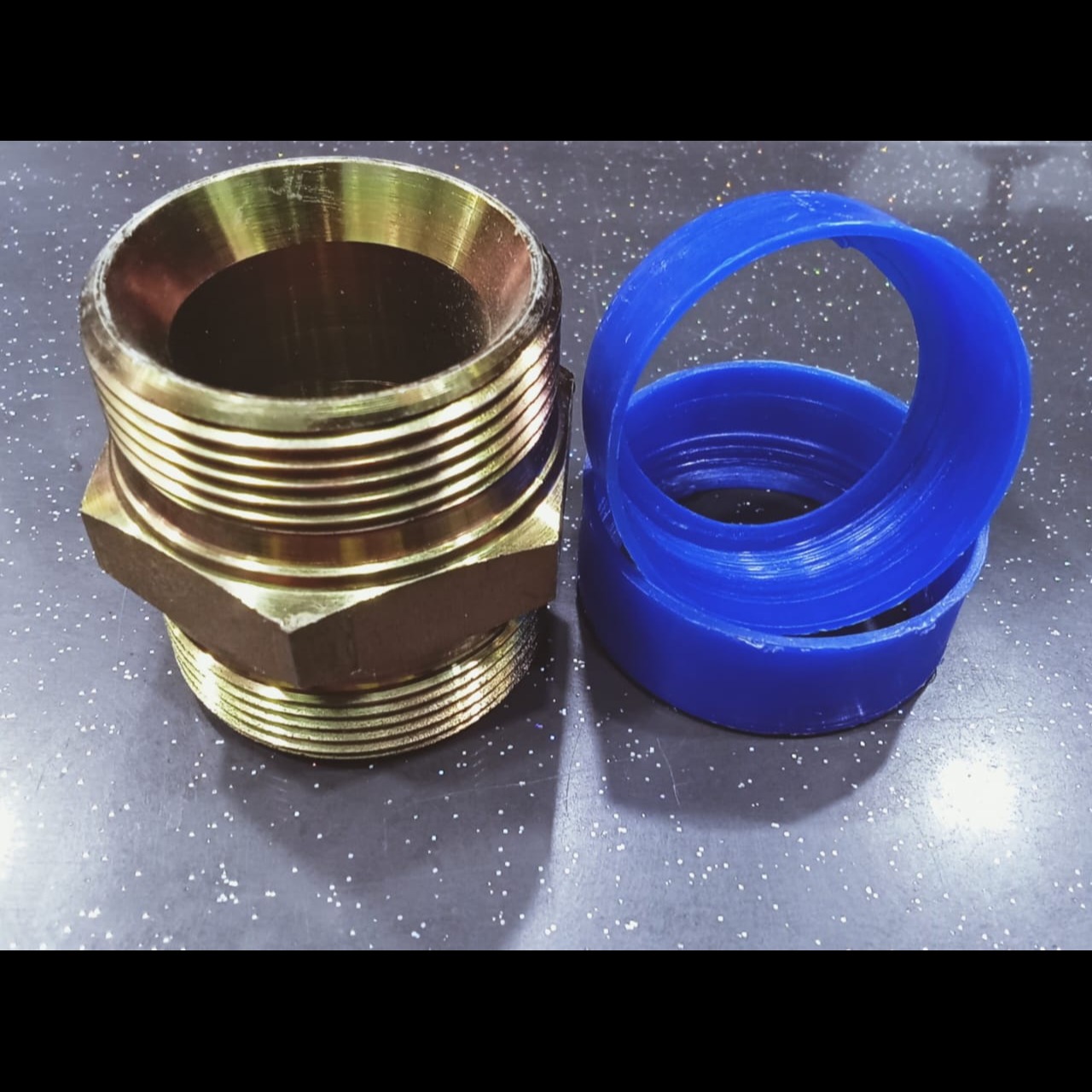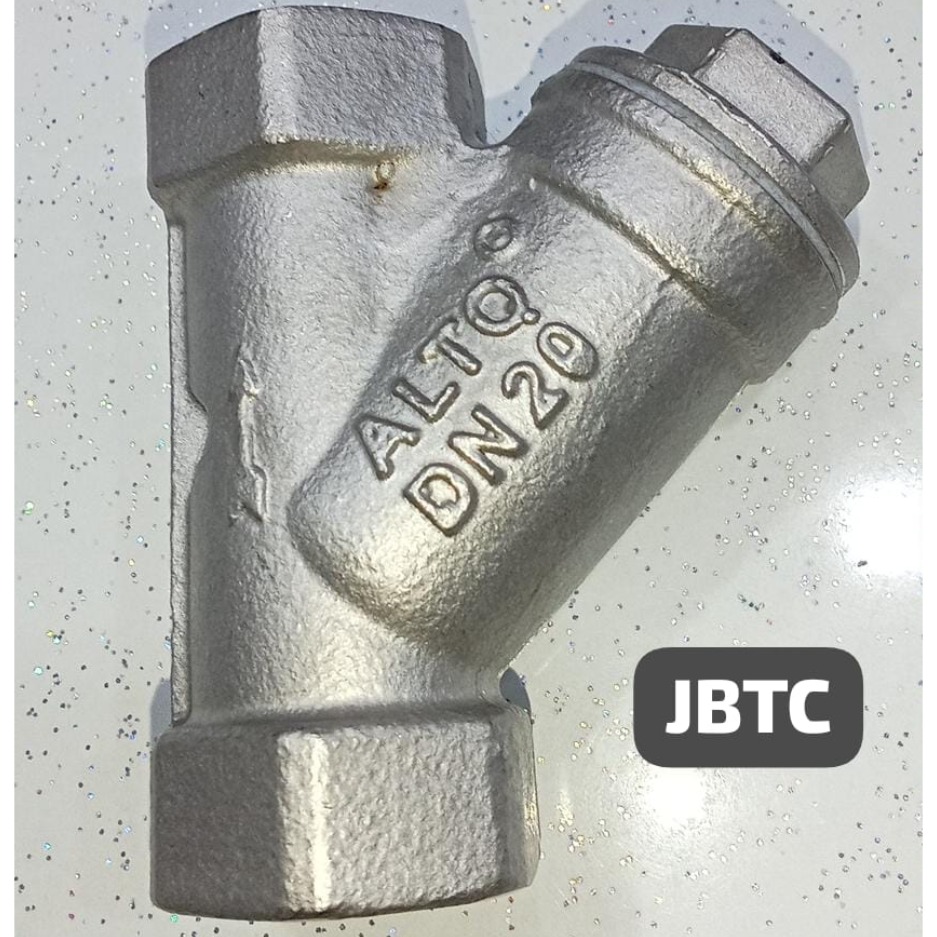
Best Dealer Of Y- Type Strainer
Alto Y-Type Strainer SS 304 refers to a specific type of Y-strainer made from Stainless Steel 304 (SS 304), commonly used in industrial and commercial fluid management systems. The Y-strainer design and SS 304 material make it suitable for a wide range of applications, particularly in processes requiring the filtration of debris from fluids. Below is a breakdown of relevant content related to this product:
1. What is a Y-Type Strainer?
A Y-type strainer is a filtration device used in pipelines to protect equipment such as pumps, valves, and other mechanical components from damage by debris. It is named "Y-type" because of its shape, which resembles the letter "Y." The strainer has a mesh or perforated element inside that traps solid contaminants from liquid or gas flow.
2. SS 304 Material: Key Features
Corrosion Resistance: SS 304 is a popular material in the manufacturing of strainers due to its high resistance to corrosion and rust. It is composed primarily of iron, carbon, nickel, and chromium (around 18% chromium and 8% nickel).
Durability: SS 304 strainers can withstand exposure to a wide range of chemicals, which makes them ideal for use in harsh environments.
Temperature Resistance: SS 304 can endure both high and low temperatures, making it versatile for industrial applications where temperature extremes are common.
Non-magnetic: SS 304 is mostly non-magnetic, making it useful in applications where magnetic interference could be a concern.
3. Applications of Alto Y-Type Strainer SS 304
Water Treatment Plants: Used to filter out debris and particles from water in treatment processes.
Chemical and Petrochemical Plants: Prevents solid impurities from contaminating the chemical process and damaging equipment.
HVAC Systems: Installed in heating, ventilation, and air conditioning systems to remove dirt and particles from water or air.
Oil & Gas Industry: Helps in protecting machinery from solids and contaminants in pipelines.
Pharmaceutical and Food Processing: Stainless steel is safe for environments where hygiene is critical, making it a good choice for these industries.
4. Advantages of Alto Y-Type Strainer SS 304
Efficient Filtration: The Y-strainer removes debris effectively without significantly restricting flow.
Compact Design: Its Y-shape design is space-efficient, making it suitable for installations where space is limited.
Easy Maintenance: The strainer is easy to clean by removing the cover and cleaning or replacing the internal mesh.
Versatility: The use of SS 304 allows the strainer to be used in a variety of fluid types, including aggressive chemicals, water, and steam.
Cost-Effective: SS 304 offers a good balance between performance and cost, especially when compared to higher grades of stainless steel like SS 316.
5. Types of Y-Type Strainers
Threaded Connection: Suitable for smaller pipelines and low-pressure applications.
Flanged Connection: Ideal for larger systems and higher pressure applications.
Welded Connection: Used in applications where permanent installation is needed, often in high-pressure or high-temperature systems.
6. Specifications for SS 304 Y-Type Strainers
Body Material: Stainless Steel 304
Screen Material: Stainless Steel Mesh or Perforated Sheet
Pressure Rating: Can range from low to high-pressure ratings depending on the design.
Temperature Range: Typically between -20°C to 425°C (-4°F to 797°F), but may vary with specific models.
End Connections: Threaded, Flanged, Socket Weld, or Butt Weld options available depending on the application.
Size Range: Available in a wide range of sizes, commonly from 1/4" to 24" in diameter.
7. Maintenance and Cleaning
Regular Inspection: Periodic inspection of the strainer basket or mesh is important to prevent clogging.
Backflushing: Some Y-strainers allow for backflushing, which cleans the strainer without needing to remove it from the pipeline.
Replacing the Mesh: Over time, the mesh or screen inside the strainer can wear out and may need to be replaced. Using the correct mesh size for your specific application is critical for optimal filtration performance.
8. Comparison with Other Materials (e.g., SS 316)
SS 316: Provides better corrosion resistance than SS 304, especially in chloride-rich environments like saltwater applications.
SS 304: More cost-effective than SS 316 and is sufficient for most general industrial applications where extreme corrosion resistance isn't necessary.
# Best Dealer
# Best Quality
#Best Rate
#Best Trader
#JBTC
Keywords
5. Types
gas flow
wide range
Size Range
good choice
Best Dealer
Socket Weld
fluid types
Best Quality
good balance
Gas Industry
Key Features
HVAC Systems
internal mesh
higher grades
specific type
Y-shape design
Compact Design
larger systems
high resistance
End Connections
specific models
Food Processing
Screen Material
strainer basket
SS 304 material
Other Materials
Pressure Rating
Easy Maintenance
chemical process
low temperatures
Perforated Sheet
solid impurities
relevant content
SS 304 strainers
popular material
Y- Type Strainer
smaller pipelines
Temperature Range
Welded Connection
filtration device
correct mesh size
Butt Weld options
A Y-type strainer
damaging equipment
solid contaminants
harsh environments
Regular Inspection
Flanged Connection
perforated element
Periodic inspection
Threaded Connection
treatment processes
specific application
aggressive chemicals
Efficient Filtration
temperature extremes
Petrochemical Plants
Stainless Steel Mesh
magnetic interference
The Y-strainer design
saltwater applications
permanent installation
Temperature Resistance
Water Treatment Plants
high-temperature systems
air conditioning systems
low-pressure applications
chloride-rich environments
other mechanical components
Alto Y-Type Strainer SS 304
higher pressure applications
extreme corrosion resistance
optimal filtration performance
commercial fluid management systems
most general industrial applications
SS 304 Y-Type Strainers Body Material
